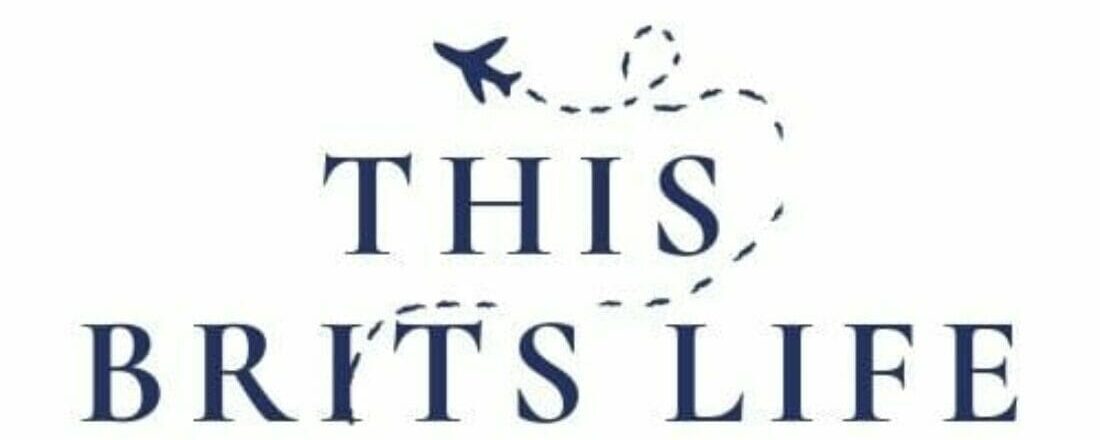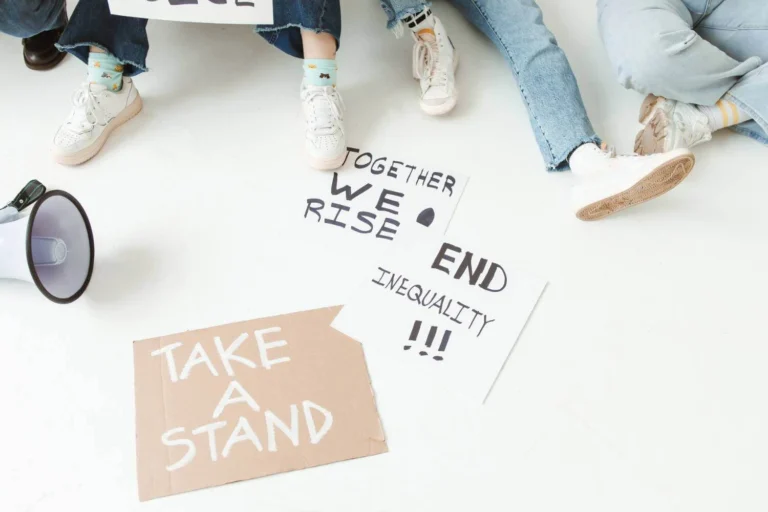How To Build A Smarter News Feed And Fight Propaganda
In a world where misinformation spreads faster than truth, learning how to build a smarter, fact-based news feed has become an act of both self-defence and resistance. Whether you’re scrolling through headlines over your morning coffee or deep-diving into political news before bed, your information choices shape how you see the world and how you respond to it.
You don’t need to be an ethical journalist to get it right. You just need curiosity, awareness, and a few trustworthy tools that will help you to separate fact from fiction. This guide walks you through practical steps, platforms, and resources you can use to build a healthier information diet, one that keeps you informed without getting trapped or overwhelmed in the noise.

The Role Of Media Literacy In The Fight Against Authoritarianism
Independent voices matter, but so does how we engage with them. Media literacy is about being discerning and informed, not just skeptical. Understanding how information is shaped, shared, and manipulated helps you protect yourself from bias, propaganda, and emotional manipulation.
Here’s how to start thinking like a journalist when you read the news:
- Check credentials — Verify that a journalist, outlet, or expert has relevant qualifications or a public track record.
- Cross-reference stories and information — Use tools like Ground News, Media Bias Fact Check, or NewsGuard to see how the same story is being covered, and framed, across the political spectrum.
- Avoid the “appeal to authority” trap — Credentials don’t automatically mean credibility — real experts cite sources and welcome scrutiny.
- Recognize propaganda patterns — This will take some practice but a general rule is to be wary of any headlines that are designed to provoke fear, outrage, or tribal loyalty. Oftentimes emotionally charged headlines, fear-driven framing, and false balance are red flags. If you’re not sure check how other outlets are framing the topic.
- Aim for balance, not perfection. There’s no such thing as a perfectly neutral source — but you can build a balanced, evidence-based view by comparing coverage and checking original data when possible.
The goal isn’t to find a perfectly neutral source — that doesn’t exist — but to develop a balanced, evidence-based understanding of the event
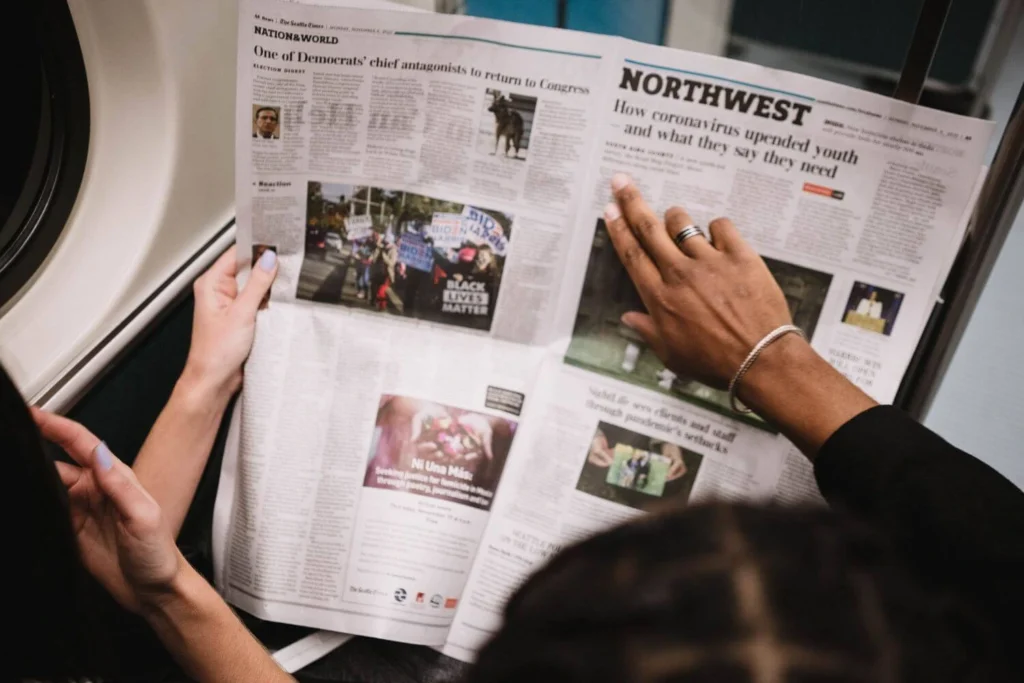
Resources, Tools & Knowledge Building
You don’t need a journalism degree to understand how media power works — you just need the right tools, a few reliable resources, and a willingness to dig a little deeper. Below are some of the best resources I’ve found for reading smarter and navigating today’s chaotic information landscape.
Curated Media Aggregators
TrustworthyMedia.org
Trustworthy Media maintains a database of over 300 verified independent, nonprofit, and community-based outlets across North America. Every outlet is vetted for editorial independence, funding transparency, and adherence to ethical journalism standards. You can browse by topic or region and discover new voices that don’t answer to advertisers or billionaires.
Website: https://www.trustworthymedia.org/list-of-independent-media
Local Futures – Independent Media List
An excellent global resource for readers who want to go beyond the U.S. echo chamber. This curated list highlights independent outlets focused on the environment, social justice, and alternative economics — all voices that promote genuine public interest journalism.
Website: https://www.localfutures.org/action-resources/independent-media-list
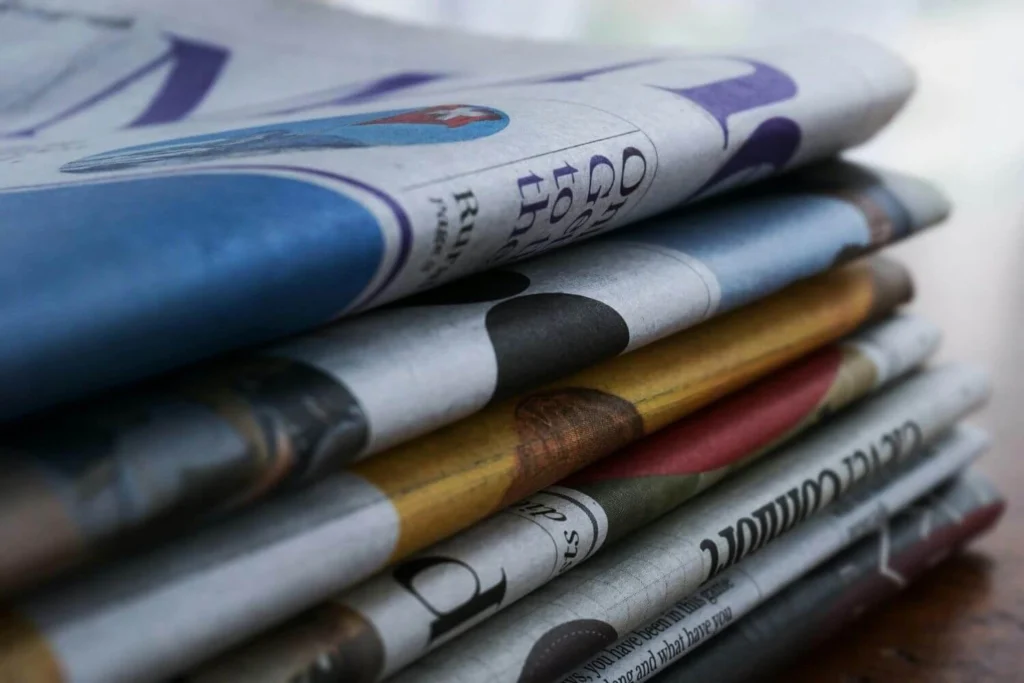
Media Literacy, Bias, And Fact-Checking Tools
In an age of misinformation, learning to check your news sources is just as important as reading them. Here are tools I personally use and recommend:
Ground News
One of the best bias-visualisation platforms available. It aggregates coverage of the same story across hundreds of outlets and shows how left, centre, and right-leaning media are framing it differently.
- The browser extension flags bias and ownership information directly on any article you open.
- The mobile app allows you to see if a story is being covered exclusively by one side.
Website: https://ground.news
Website: https://ground.news/
Media Bias Fact Check (MBFC)
A long-standing database ranking thousands of outlets by political bias and factual accuracy. You can search any publication or blog and get quick insight into its reliability and lean.
Website: https://mediabiasfactcheck.com
Ad Fontes Media Bias Chart
Updated quarterly, this visual chart categorises outlets by reliability and bias level. It’s excellent for visual learners and useful for educators who want to explain bias in the classroom.
Website: https://adfontesmedia.com
AllSides
Provides side-by-side news stories from the left, centre, and right on the same issue. Perfect for readers who want to compare narratives directly.
Website: https://www.allsides.com/unbiased-balanced-news
Fact-Checking Sites (Non-Partisan Tools)
- Snopes – Debunks viral rumours, political lies, and misinformation.
- PolitiFact – Rates political claims on a “Truth-O-Meter.”
- FactCheck.org – Run by the Annenberg Public Policy Center, dedicated to checking U.S. political statements.
- Lead Stories – Uses AI and human verification to catch false viral content fast.
- Reuters Fact Check – Global perspective, ideal for checking international stories.
Browser Add-ons Worth Installing
- NewsGuard – Grades websites for transparency and accountability.
- Ground News Extension – Displays political bias on any article instantly.
- Google Fact Check Explorer – Searches fact-check databases in one click.

Create A Personal “News Hygiene Routine”
Building a smarter news feed isn’t about reading less — it’s about reading better.
Here’s a two-minute habit that dramatically improves the quality of your information feed:
- Check who owns the outlet. (Use MBFC or Ground News.)
- Compare how others reported it. (Use AllSides or Ground News.)
- Verify one key claim. (Use a fact-checking site like Reuters or Snopes.)
It’s that simple. Consistency matters more than perfection — the more you practice, the faster your brain learns to spot manipulation on sight.
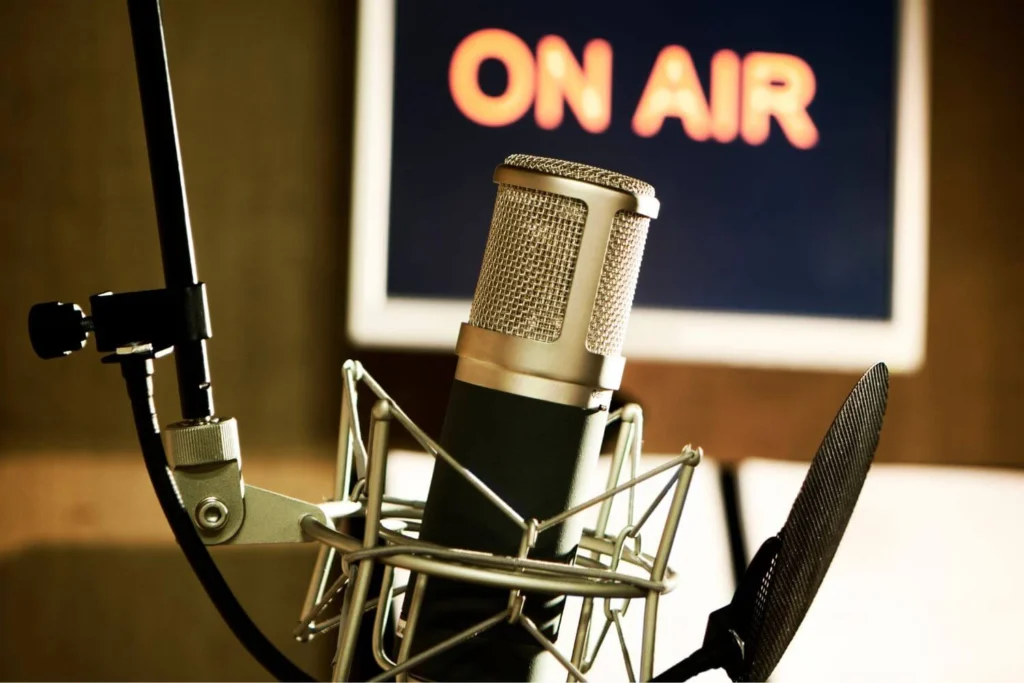
Simple, Actionable Ways To Pro-Actively Push Back
Share reputable reporting widely and consistently, especially on platforms where misinformation spreads fastest.
Donate to legal defense funds for journalists and whistleblowers.
Subscribe to independent outlets such as ProPublica, The 19th, Mother Jones, and Democracy Now.
Follow fact-based experts — legal scholars, journalists, historians, researchers — who explain what’s really happening.

Media Literacy Is A Form Of Resistance
Media literacy is one of the most powerful tools ordinary citizens have to protect democracy. When you learn to question ownership, verify claims, and support credible journalism, you’re actively disrupting the systems that fuel propaganda.
The truth is out there — but it needs readers who are willing to look for it.
If you’d like practical tools to help you put all of this into action, stay tuned for my upcoming Independent Media & Fact-Checking Toolkit — a free downloadable guide packed with the best bias-checking apps, browser extensions, and media-diet templates to help you stay informed and empowered in the digital age.
Share Me
If you found this post helpful, share it or pin it! It’s one of the best ways to show your support. Thank you!
Gemma Lawrence is a British expat, solo female travel blogger, and the creator of This Brit’s Life — a travel and lifestyle blog that helps women explore the world confidently, live abroad independently, and stay informed about global issues.
Born and raised in England, Gemma has been living in British Columbia, Canada since 2016 and has been traveling solo for over a decade. With a background in journalism and over ten years of experience in digital marketing and communications — including leadership roles with the International Association of Business Communicators (IABC/BC) — she brings both storytelling and strategy to her writing.
Through her posts, Gemma shares practical solo travel advice, expat insights, and confidence-building resources, while also covering broader topics like women’s rights, democracy, and self-care. Her goal is to inspire independence, awareness, and personal growth — one adventure at a time
